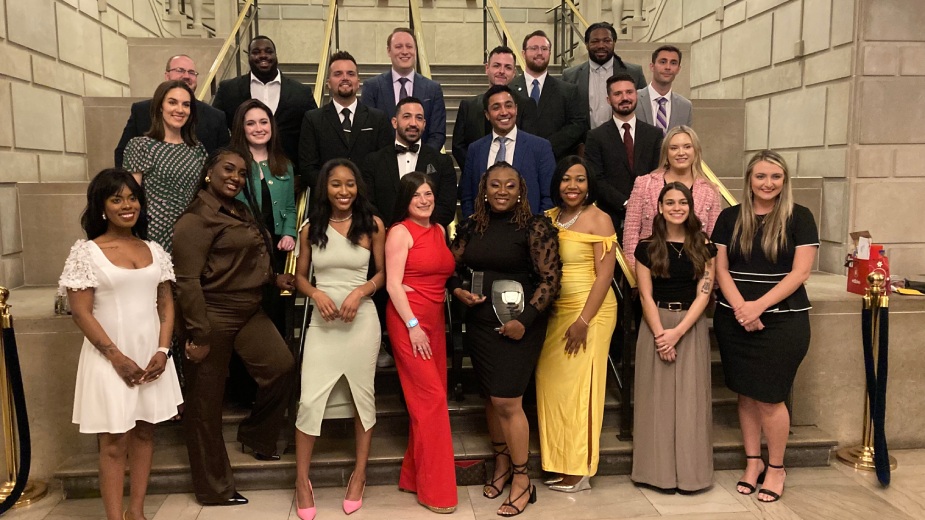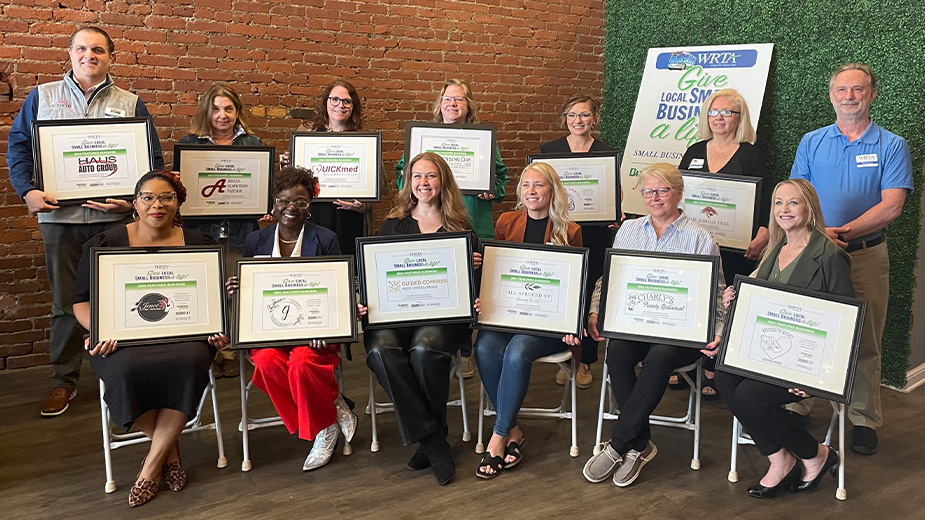Book Tells Youngstown Experience from Those Who Lived It
YOUNGSTOWN, Ohio – Over the last 35 years, this city has been the subject of a multitude of documentaries, international news features, academic studies, psychological profiles and political analyses – most of them concentrating on the region’s struggle to survive in the wake of the destabilization caused by the retrenchment of the steel industry.
Or, these stories focused on the notorious – the web of organized crime, scandal and corruption that infected the region’s political system.
While all of these subplots command a major role in the story of Youngstown, they’re not the entire story.
That’s where From Car Bombs to Cookie Tables: The Youngstown Anthology fills the gaps. The book, published by Belt Publishing, is a collection of essays, poems and photographs from 45 contributors who have connections to the Mahoning Valley. The book spans seven decades.
The contributors share their perspectives on the city and region through their experiences of having lived here. Their essays touch on crime, neighborhoods, work, sports, tradition and culture.
“We weren’t looking for people to pump up the city or to talk about all the positive things,” says Jacqueline Marino, a professor at Kent State University who, with Will Miller, edited the anthology. “It’s more of a mirror than it is a whitewash and celebration of the good stuff,” Marino says. “There’s the good stuff and the hard stuff.”
The project was born out of invitations through social media to those who either live in — or at one time lived in — the Mahoning Valley, Marino says. Each was asked to contribute an essay or poem that reflected his experiences. “It’s such a variety of perspectives,” she says.
About 70% of the material was contributed from those who no longer live in the Mahoning Valley.
A launch party for the book is scheduled for 6 p.m. today at the B&O Banquet Center.
Among the contributors to the anthology are actor and Youngstown native Ed O’Neill, former Youngstown Mayor Jay Williams, now the assistant secretary of Commerce and director of the U.S. Economic Development Administration, Business Journal Publisher Andrea Wood, film director Eric Murphy and novelist Christopher Barzak.
“We have famous people like Ed O’Neill and those who have never been published before,” Marino says. “We were looking for insight and for people with something to say. We were really happy when the submissions started coming in.”
The Business Journal’s Wood selected a bridge as the vehicle to write about her early days in broadcast journalism here. Her essay, “Crossing the Center Street Bridge,” metaphorically connects that thoroughfare with the city’s industrial and criminal past to the transition to the future as a new generation of leadership emerges.
“It reflects the heyday of steel and the decline of steel, the culture of corruption and organized crime and how innocent victims and their families suffered,” Wood says.
But her essay is underscored with rejuvenation, Wood emphasizes, as younger leaders who grew up a generation removed from the blast furnaces, economic decline and endemic corruption seek to reinvent the city.
“There is a new generation of leaders – those in their 20s, 30s – who don’t remember the death of steel, and aren’t restrained by that doom and gloom,” Wood says.
Attempting to reverse this mentality is no easy task, relates Phil Kidd, an activist and small-business owner who also works for the nonprofit organization CityScape.
In his contribution, “Defending Youngstown,” Kidd reflects on his first days in the city and on the 10 years since that he’s become involved in grassroots movements to improve its neighborhoods, the downtown and its perception.
“I tried to be honest about what it was like,” Kidd says. “Particularly when I arrived here and how hard it was to get started and try to create something.”
Kidd, born near Pittsburgh, attended Youngstown State University and saw some of the problems that plagued the city. When he returned at age 25, he began a one-man campaign to rally around the city – at one point standing in the middle of downtown holding a sign that said simply, “Defend Youngstown.”
That phrase became the motto on T-shirts and the name of Kidd’s blog. It later inspired his small downtown shop, Youngstown Nation, which sells items related to Youngstown.
“You have neighborhoods in various states of decline while others see investment and stabilization,” Kidd observes. “Downtown is in the first phase of trying to redevelop and that’s something that will happen.”
Obstacles remain, Kidd says. While the city has made great strides in creating new opportunities and in redeveloping the downtown, many of its neighborhoods continue to decline, its school system is in shambles, and a high concentration of poverty remains here.
That hasn’t deterred Kidd and others like him. “This is my home now, and that’s by choice,” he says. “I love it in Youngstown.”
The book will be available at retail outlets and copies can be purchased at tonight’s event as well as online.
CLICK HERE to order “Car Bombs to Cookie Tables: The Youngstown Anthology”
Copyright 2024 The Business Journal, Youngstown, Ohio.



